Aleksandar Doknic
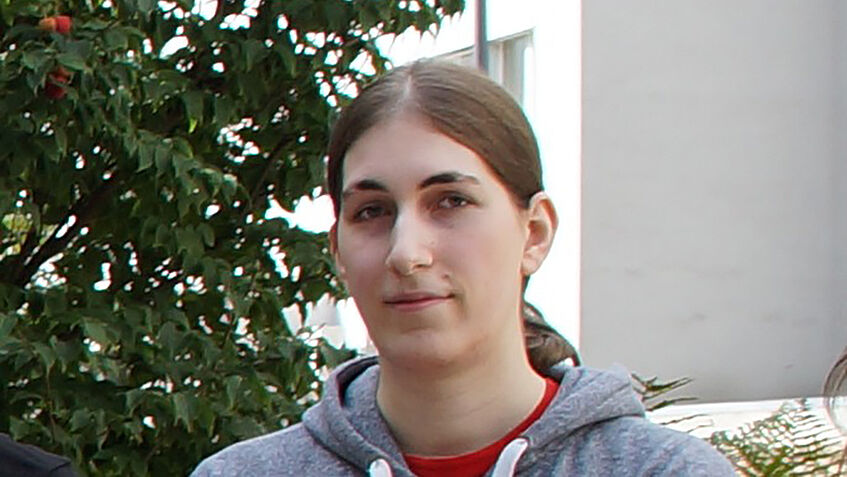
Aleksandar Doknic
Aleksandar Doknic received his master's degree in Computer Science at the University of Vienna in 2020. He joined the Data Science research network in January 2021 as a PhD candidate and works on the topic of explainable models.
His research focuses on analyzing and understanding neural network models for scientific applications by using interactive visualization techniques. One interesting approach is the exploration of high-dimensional parameter spaces and loss landscapes with sampling methods. He is particularly interested in interdisciplinary research and machine learning applications in natural sciences.
His supervisors are: Torsten Möller and Claudia Plant
Timothée Schmude
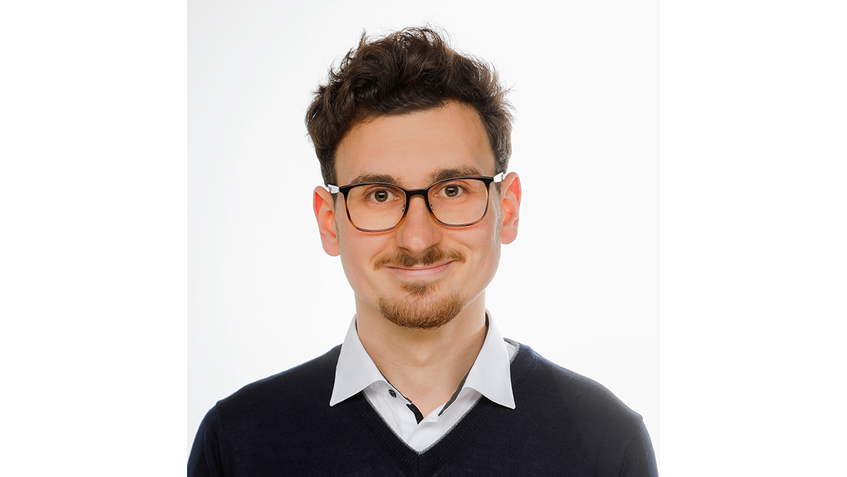
Timothée Schmude
Timothée Schmude studied Information Processing and Professional Writing in Cologne and Media Studies in Bayreuth. He joined the research network in March 2022 as a PhD candidate and conducts research on the implementation of interpretable and explainable models in democratic processes.
His research interests include developing interpretable machine learning models, designing and testing model explanations and engaging and communicating with model stakeholders, as well as fostering interdisciplinary exchange with philosophy and political science. He worked as a software developer and taught an introduction course about Deep Learning at the University of Cologne. He further developed a court sentence database prototype at the Fraunhofer Institute IAIS using Natural Language Processing and was engaged in various projects in the Legal Tech Lab Cologne.
Former scientific staff
Lena Bauer
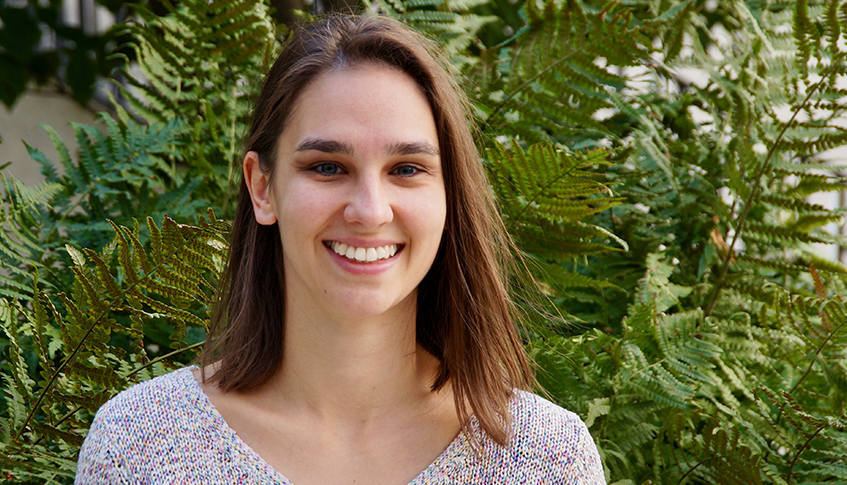
Lena Bauer
Lena Bauer studied Technical Mathematics at the Vienna University of Technology with a specification in Applied Mathematics. Her interest in the field of Data Analysis was sparked by the work on her diploma thesis, for which she analyzed the variability and the diurnal profile of 24h pulse wave analysis recordings. In October 2018 she started to work as a PhD at the research network, where she continues to work in the field of Medical Sciences.
Her current work focusses on the investigation of synchronization patterns in human brain activity to find objective markers for depression. This research is based on ordinary differential equation systems, coefficient estimation and statistical methods. She is interested in the use of synchronization for clustering algorithms in combination with applications in medical data analysis.
Her supervisors are: Claudia Plant and Philipp Grohs
Xandro Bayer
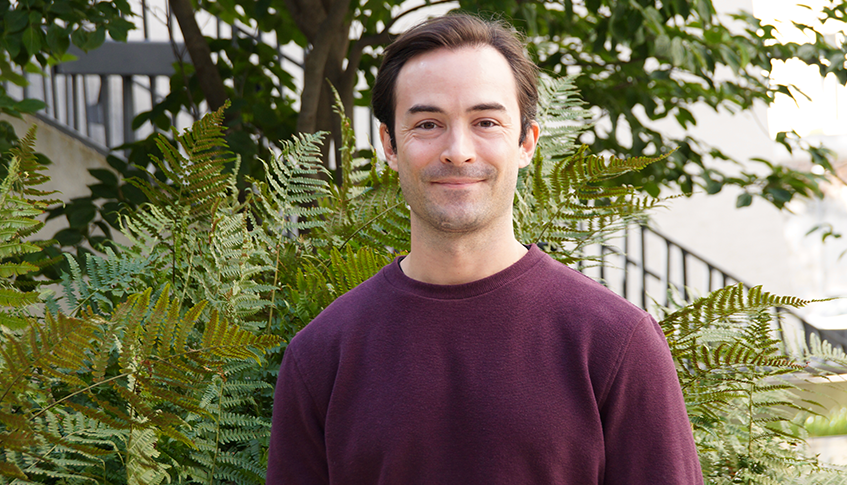
Xandro Bayer
Xandro Bayer joined the research network in September 2019. He studied Mathematics (BSc) at the University of Vienna as well as Business Administration (BSc) and Quantitative Finance (MSc) at the Vienna University of Economics and Business.
His research focuses on investigating the applicability of modern machine learning methods to problems in the area of finance. Currently, he is examining deep learning models to forecast the volatility of financial time series.
His supervisors are: Nikolaus Hautsch and Hannes Leeb
Drew Dimmery
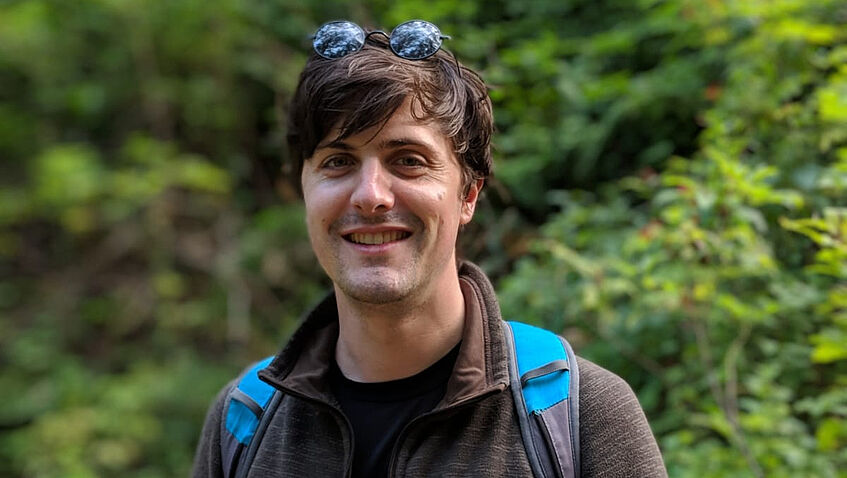
Drew Dimmery
Drew Dimmery joined the research network as the scientific coordinator in 2021. He was previously a research scientist with the Adaptive Experimentation team on Core Data Science at Facebook for four years. While at Facebook, Drew collaborated on data science projects with a lot of teams to improve how they made decisions based on data. Before that, he received a Ph.D. in Politics from New York University concentrating on statistical methodology. His dissertation was on adaptive experimentation.
His work lies at the intersection of causal inference and machine learning, seeking to improve the way experimentation and observational causal inference are practiced through the application of insights from computer science and machine learning. Drew's work has appeared in a variety of top methodological conferences such as KDD, AISTATS and ICML.
Michael Drauch (formerly Sedlmayer)
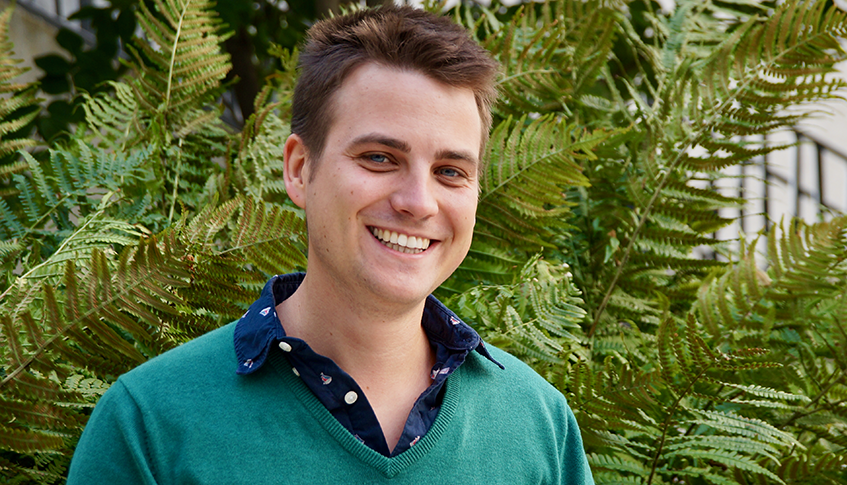
Michael Drauch (formerly Sedlmayer)
Michael Drauch (formerly Sedlmayer) studied Mathematics at the University of Vienna with a specialization in Applied Mathematics and Scientific Computing. In 2018 he started his PhD position at the research network.
His research interests are mainly in the area of nonsmooth optimization. These include theoretical investigations of mathematical optimization problems in both discrete and continuous settings, and the connection to the monotone operator theory in particular. He is interested in the design, development and convergence analysis of numerical algorithms for solving nonsmooth and (potentially) nonconvex optimization problems. On the other hand, he works on using tools and methods from Machine Learning in the domain of Digital Humanities, particularly for digital historical studies. His current focus is to establish methodology for automated classification of ancient Armenian manuscripts. He is member of the Vienna Doctoral School “Mathematics”.
His supervisors are: Tara Andrews and Radu Bot
Leon Gerard
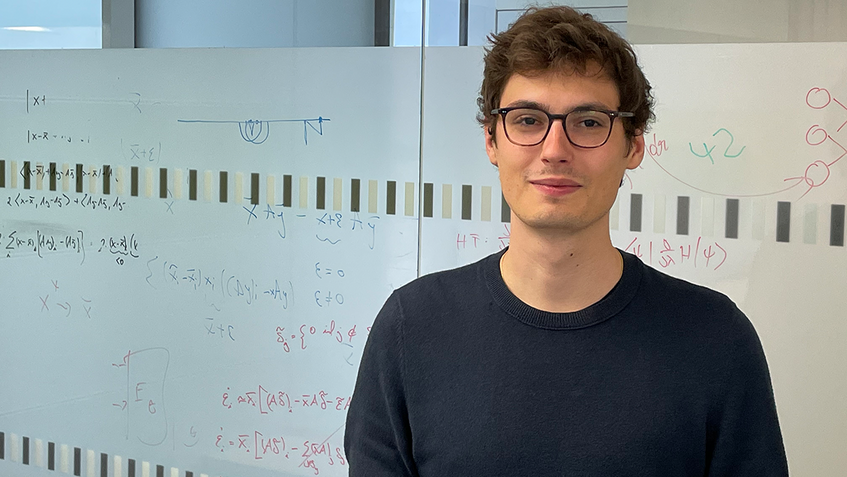
Leon Gerard
Leon Gerard studied mathematics at the Technical University of Berlin with the focus on probability theory and deep neural networks. In February 2022, he joined the research network Data Science as a PhD candidate. In particular, he is interested in solving high-dimensional partial differential equations with the use of deep neural networks. Currently, Leon is working on the Schrödinger equation from Quantum Mechanics by accelerating the performance of existing methodologies with the contribution of deep neural networks and a transfer learning approach.
His supervisor is: Philipp Grohs
Pavol Harár
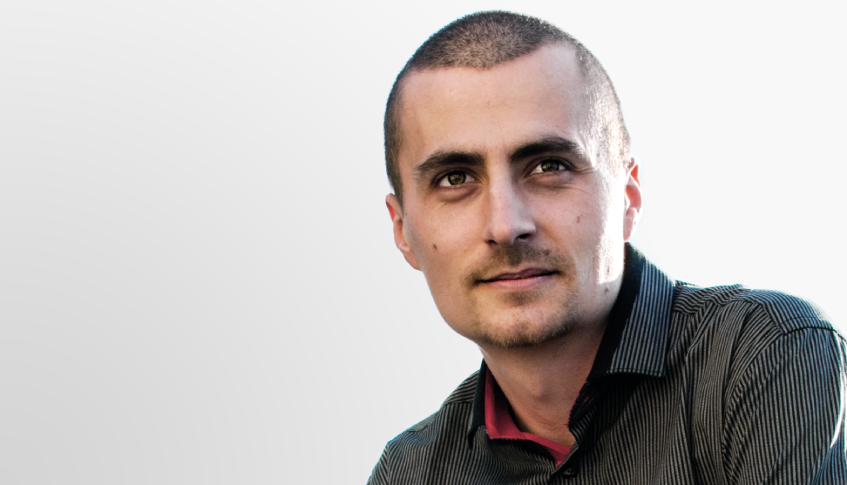
Pavol Harár
Pavol Harár is a postdoctoral machine learning researcher and engineer focused on fundamental research in deep learning, specializing in learning from limited multi-modal medical data sets. He is skilled in machine hearing, computer vision, and visualization.
He received an MSc in System Engineering and Informatics and a PhD in Machine Learning from Brno University of Technology. He gained experience in predictive modeling, signal processing, and parallel computing as a member of Brain Diseases Analysis Laboratory and Numerical Harmonic Analysis Group. He joined the Data Science research network in December 2019.
Guojun Lai
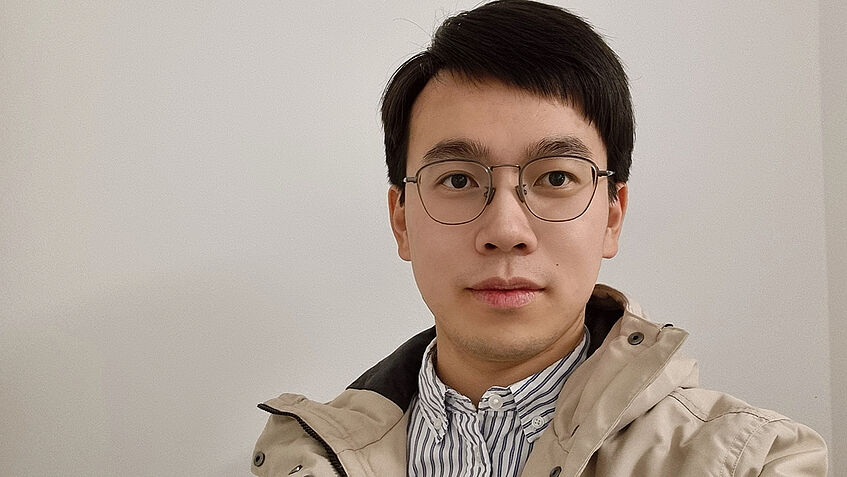
Guojun Lai
Guojun Lai joined the research network as a PhD student in 2021 and works on the topic of Transparent and Explainable Models (from the aspect of Data Mining). He received his Master's degree in Computer Science and Bachelor's degree in Software Engineering in 2020 and 2019 respectively.
His research interests include Massive Data Mining, High-Performance/Efficient Data Mining/Data Processing on Modern Hardware, Database, Big Data Management and Query Processing. Currently, he focuses on interactive data mining and data mining in parallel on multi-core CPUs and GPUs.
His supervisor is: Claudia Plant
Alexander Kinast
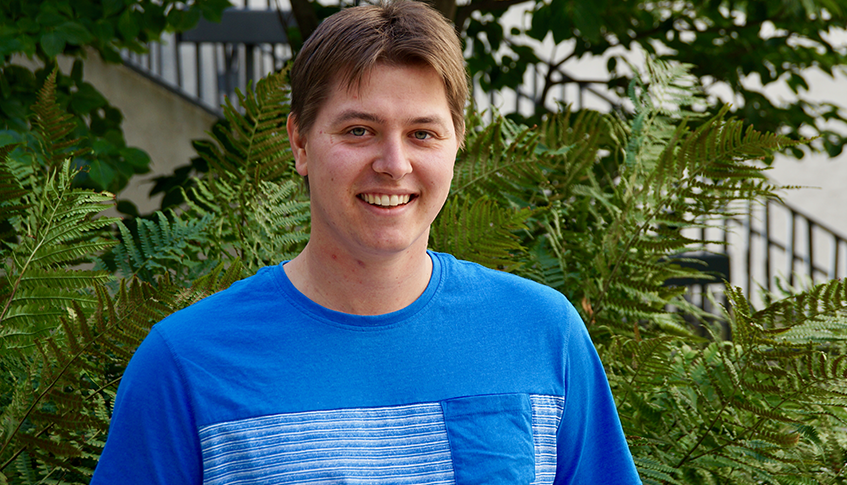
Alexander Kinast
Alexander Kinast studied Software Engineering at the University of Applied Sciences in Hagenberg in Upper Austria. During his studies, he worked part-time for around 2.5 years at the RISC Software GmbH as .Net software developer in the field of simulation and optimization.
In September 2019 he joined the Data Science research network as PhD student, specializing in industry 4.0. He is interested in topics in the field of software development, metaheuristics, logistics and numerous subtopics of industry 4.0.
His supervisors are: Karl Dörner and Stefanie Rinderle-Ma
Sebastian Ratzenböck
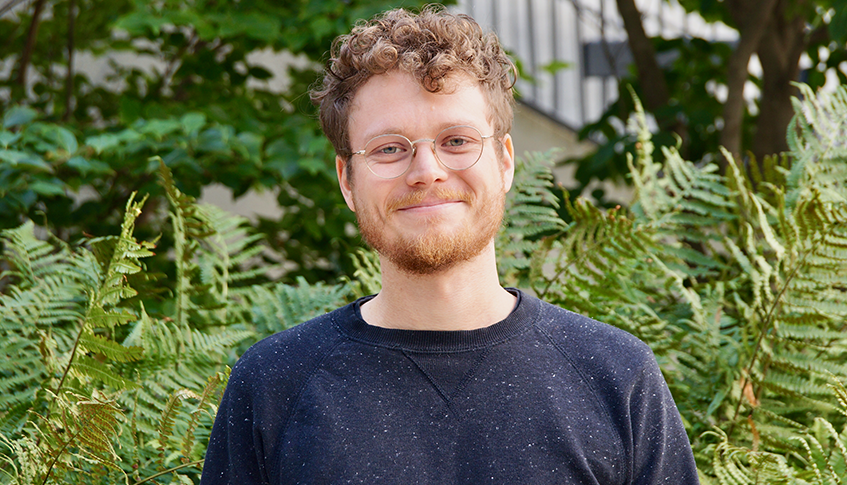
Sebastian Ratzenböck
Sebastian Ratzenböck is a PostDoc researcher with a background in physics. He received his master's degree in Technical Physics at the Vienna University of Technology. During his master's program, he focused on the union of applied data science and physics and helped analyze data from three scientific projects, including a dark matter search experiment and high energy particle physics experiments at the LHC, CERN.
During his PhD at the research network Data Science @ Uni Vienna, he developed interpretable machine learning methods to uncover previously unknown stellar groups in the Milky Way. Equipped with these new tools, his research goal is to create Altas Galaxia Proxima, a high-precision complete catalog of these stellar groups giving us insight into the recent star formation history of the local Milky Way. Head of the FFG funded project Atlas Galaxia Proxima is Joao Alves, co-heads are Torsten Möller and Sebastian Ratzenböck.
Rafael Reisenhofer
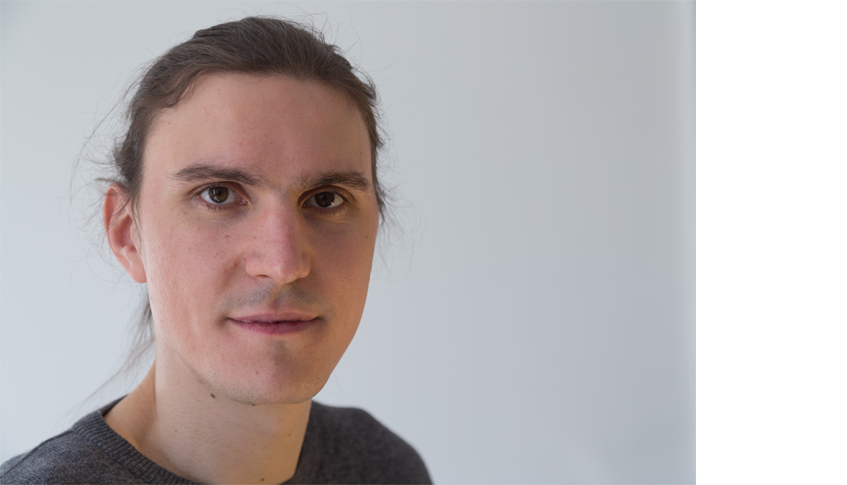
Rafael Reisenhofer
Rafael Reisenhofer obtained a Ph.D. in Mathematics from the University of Bremen. He is currently working as a FWF-funded postdoctoral researcher at the University of Vienna, where he investigates the relationship between depth and the discriminability properties of deep learning architectures.
His scientific interests include applied harmonic analysis, mathematical image processing, and the mathematics of deep learning. His main personal research goal is to utilize a profound understanding of mathematical tools and concepts to gain a deeper insight into the mysteries of human cognition. Rafael left the research network in February 2022.
Michael Scherbela
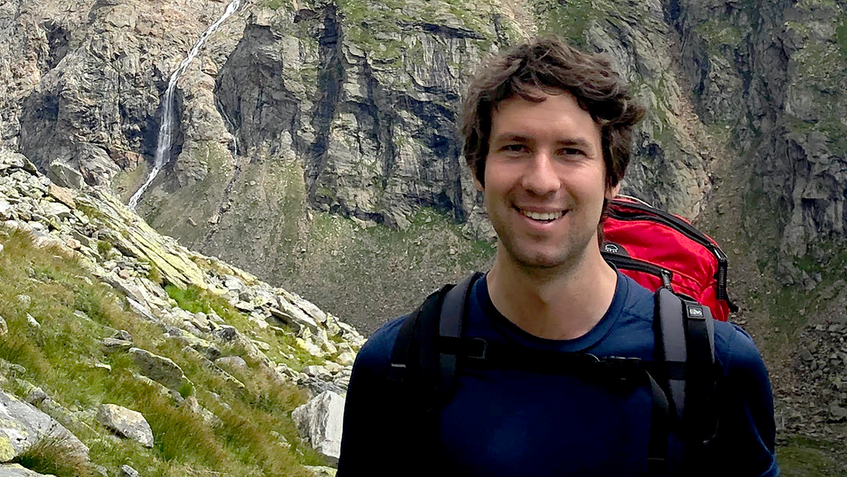
Michael Scherbela
Michael Scherbela studied physics at the Graz University of Technology, specializing in computational physics. He joined the research network in 2020 and is currently pursuing his PhD in mathematics, primarily conducting research on applications of deep learning methods to problems in the natural sciences. In particular he is interested in developing neural-network-based methods to find solutions to the Schrödinger equation, which lies at the heart of computational chemistry and quantum physics. To tackle this problem he combines existing quantum chemistry approaches with deep-neural networks, designs new network architectures for unsupervised learning, and optimizes existing approaches.
His supervisor is: Philipp Grohs
Andrea Tanzer
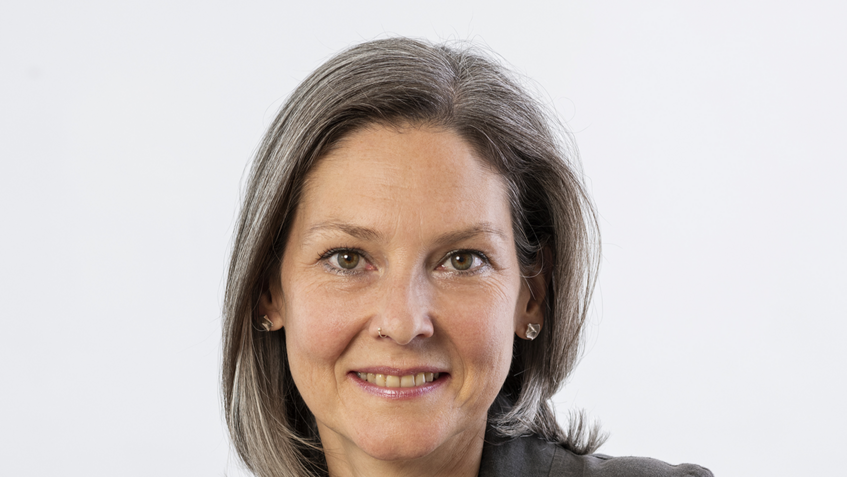
Andrea Tanzer
Andrea Tanzer is a bioinformatician in the fields of computational genomics and works at the interface of Biology/Chemistry/Computer Science. Her research focuses on non-coding RNAs, their function, structure and evolution. Recent project include studies on the role of RNA structures in regulating the Epitranscriptome as well as the evolution and expression of lncRNA host genes and their associated small RNAs. Andrea Tanzer was the scientific coordinator of the research network from mid-April 2024 until January 2025.
